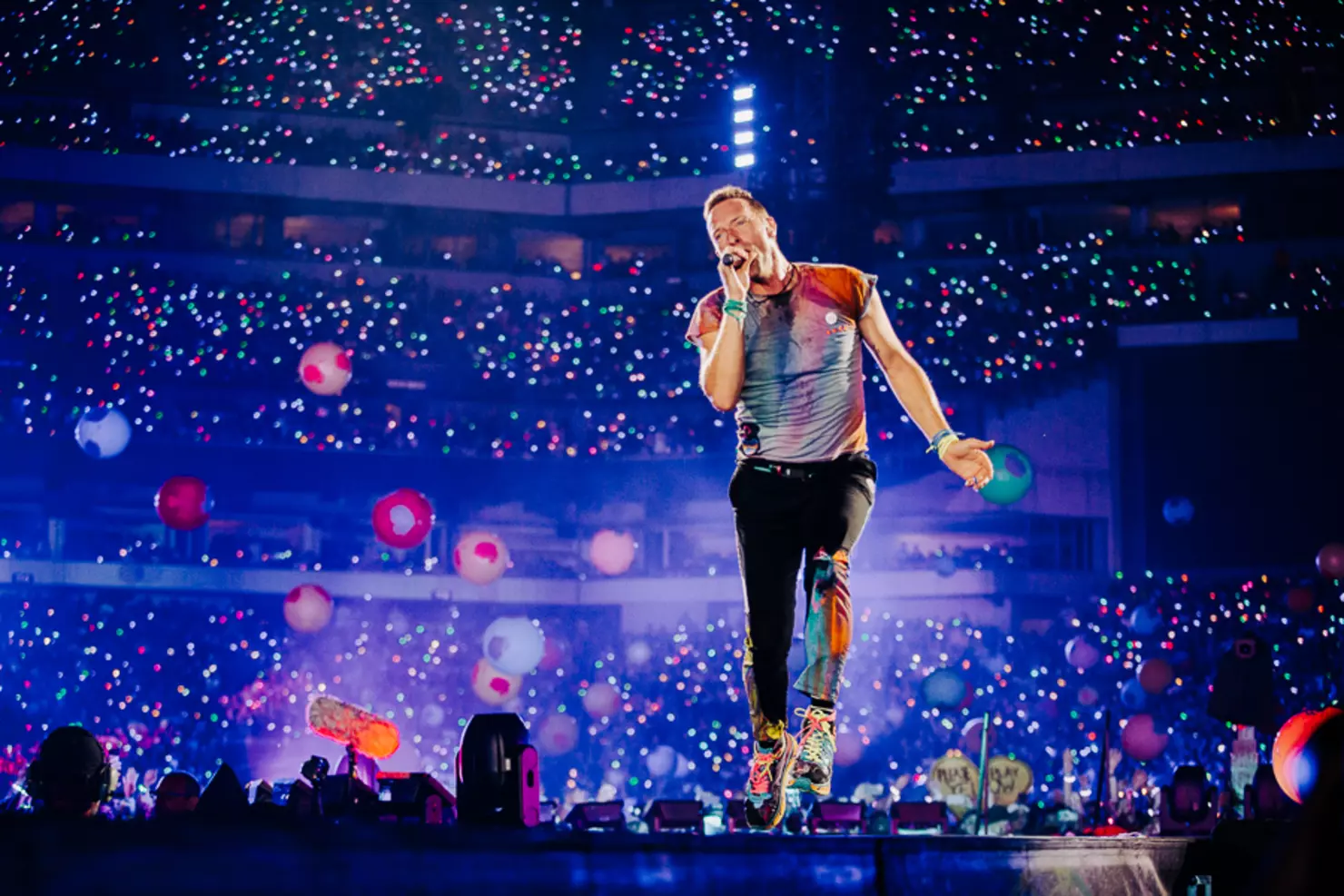Music Venue Camera Bans & Their Impact on Digital Marketing
Music Venue Camera Bans & Their Impact on Digital Marketing

In an age where capturing and sharing every moment has become second nature, a growing trend across music events and nightclubs presents a unique challenge to attendees. Notably, during Coldplay’s Music of the Spheres World Tour, a moment in each concert tested the dependency on our digital devices. As the opening chords of “Sky Full of Stars” filled the venue, the band urged the crowd to put away their phones and immerse themselves in the song. This simple request revealed a stark reality: for many, parting with their phone, even for a single track, proved difficult.
Beyond the Moment: The Bigger Picture in Nightlife and Live Music
This trend extends beyond concerts, with nightclubs worldwide implementing policies requiring guests to cover their phone cameras upon entry. The intent behind these bans is multifaceted, aiming to foster a more authentic, present experience for attendees while also addressing concerns over privacy. For venues, it’s an effort to shift the focus from documenting the night to living it, ensuring that privacy and enjoyment take precedence over online personas.
The Marketing Conundrum: Promoting Without User-Generated Content
For digital marketers specializing in the nightlife and live music sectors, these camera restrictions pose a considerable challenge. User-generated content (UGC) serves as a bedrock for modern promotional strategies, offering genuine endorsements that resonate more deeply with potential patrons than traditional advertising. The absence of candid photos and videos from attendees significantly narrows the scope for organic online engagement, prompting a strategic rethink.
A New Strategy for Engagement: Creative Solutions
To counteract the decline in UGC, event organizers and venue owners are finding innovative ways to engage with their audiences:
- Professional Content Creation: Employing professional photographers and videographers to capture the essence of events ensures that the digital representation of the brand remains compelling and aligns with its image.
- Influencer Collaborations: Partnerships with influencers can fill the gap left by UGC, with social media personalities offering their followers curated insights into the event experience.
- Real-Time Marketing: Utilizing platforms like Instagram Stories or Snapchat, venues and artists can share immediate, behind-the-scenes content, maintaining a buzz and fostering a connection with their audience.
- Exclusive Digital Content: Encouraging attendees to visit the event’s or venue’s digital platforms for exclusive content can help drive traffic and engagement, centralizing the online narrative.
Weighing the Trade-Offs: Privacy vs. Promotion
The debate over camera bans in clubs and concerts is far from settled. While the drive towards ensuring privacy and encouraging real-life engagement is commendable, the impact on digital marketing strategies and audience reach cannot be overlooked. The challenge lies in balancing the desire for a controlled, respectful environment with the need for broad, organic online visibility.
As the industry experiments with these restrictions, the future of event promotion remains in flux. Whether these policies will lead to a more engaged, present audience or alienate a digitally native demographic is a question only time will answer. In the meantime, marketers, venues, and artists alike must navigate this new landscape, crafting experiences that resonate both in the moment and online.
Have questions about your club or concert’s digital marketing strategy? Reach out to us for innovative solutions.

